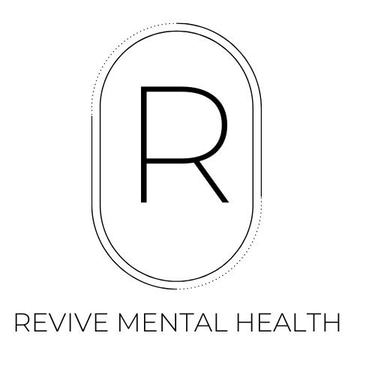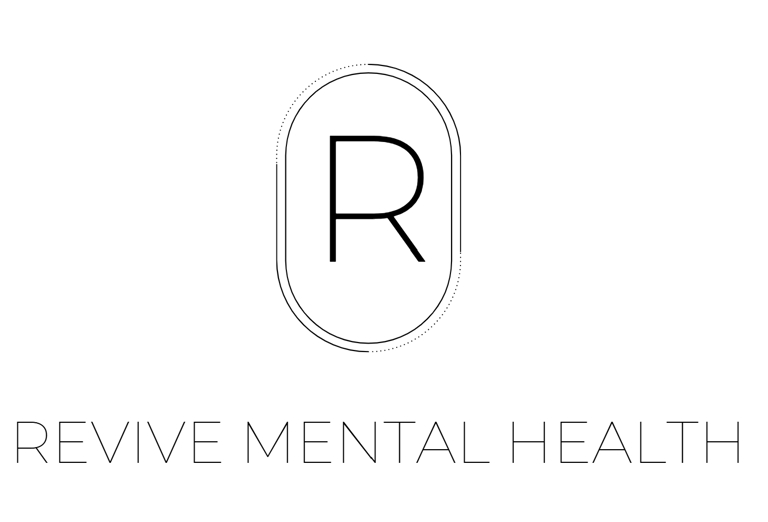When Scrolling Hurts
The hidden toll of doomscrolling and survivor’s guilt
5/15/20252 min read


When Scrolling Hurts:
The hidden toll of doomscrolling and survivor’s guilt
We pick up our phones for a moment of distraction, a quick glance at the news or social media. But suddenly, we’re spiraling through a stream of graphic images, heartbreaking headlines, and stories of loss and destruction. Before we know it, we’re overwhelmed, anxious, and weighed down by a guilt we can’t quite name.
If this sounds familiar, you’re not alone. Many of us are unknowingly absorbing trauma each time we scroll. And it’s affecting our nervous systems, emotional regulation, and overall mental well-being.
What is doomscrolling?
Doomscrolling is the act of compulsively consuming negative news online. It’s an attempt to stay informed or gain control, especially in times of crisis. But rather than making us feel safer or more aware, it often leaves us feeling helpless, anxious, and emotionally drained.
When you're far away from a crisis, whether it’s war, a natural disaster, or political upheaval, this kind of media exposure can create a disconnect between what you're witnessing and what you can do. That gap is where survivor’s guilt often creeps in.
Survivor’s guilt in a digital age
Survivor’s guilt used to be more closely associated with those directly involved in traumatic events. But today, thanks to social media and 24/7 news cycles, we can experience a version of it simply by watching tragedy unfold in real time.
If you’ve ever caught yourself thinking:
“Why do I get to live in peace when others don’t?”
“I feel selfish for enjoying my day while people are suffering.”
“I should be doing more.”
…you may be feeling a form of survivor’s guilt. It’s a quiet, internal conflict that many high-functioning and empathetic people carry, especially those living far from their home countries, or with ties to regions in crisis.
Why graphic content hits harder than we think
Repeated exposure to graphic images or distressing news, especially without proper emotional processing, can lead to vicarious trauma (secondary trauma). Our brains aren’t built to witness constant suffering without consequences.
Some common signs:
Emotional numbness or overwhelm
Difficulty sleeping or concentrating
Irritability, guilt, or shame
A sense of powerlessness or futility
And yet, it’s easy to dismiss these symptoms: “I wasn’t there. I wasn’t the one suffering.” But your nervous system doesn’t always distinguish between real and witnessed trauma. If you feel off, it’s not because you’re weak, it’s because you’re human.
So what can you do?
Limit exposure without disconnecting
Set boundaries around news and social media. Choose reliable sources, designate specific check-in times, and avoid scrolling right before bed.Name your feelings
Guilt, helplessness, anger, grief... Acknowledging what you’re feeling reduces its hold. You’re allowed to grieve for a world in pain, even if you’re not in the center of it.Take aligned action, however small
Support doesn’t have to be grand. A donation, a conversation, a kind gesture, all of these are valid responses. Doing something, even something small, can help shift you from paralysis to purpose.Seek support
If you’re feeling the emotional weight of the world on your shoulders, you don’t have to carry it alone. Therapy is a space where your experience is not only valid, but worth exploring.
At Revive Mental Health, I offer a space for people to slow down, process what they’ve been carrying, and reconnect with their strength and clarity. Whether you're navigating the emotional toll of world events or simply feeling weighed down by everything you “should” be grateful for, your story matters here.


